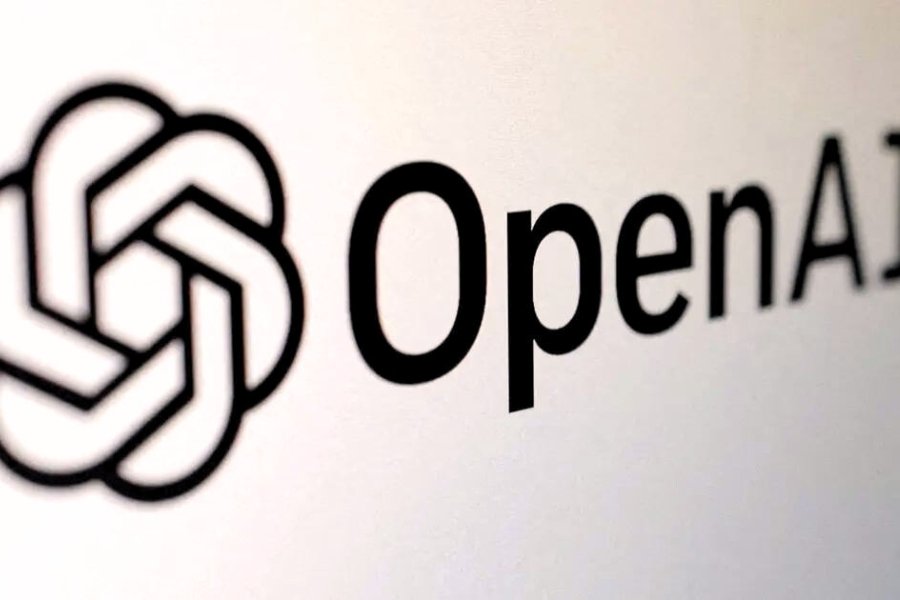OpenAI announced on Wednesday that Sam Altman, who recently left the company, has reached an agreement to take on the role of CEO again to wrap up talks on the startup’s position at the forefront of artificial intelligence developments.
Apart from Altman’s comeback, the corporation has decided to essentially rebuild the Board of Directors to some extent. Along with current director Adam D’Angelo, OpenAI confirmed that former SalesForce co-CEO Bret Taylor and former U.S. Treasury Secretary Larry Summers will join as co-CEOs.
In a post on X, Altman said, “I’m excited to return to OpenAI,” expressing his eagerness to return. On Monday, outgoing Chief Sam Altman announced that they will be working with Microsoft’s support, and Altman chose Emmett Shear, the former CEO of Twitch, as the company’s interim CEO.
His comeback comes after a turbulent week during which Altman viewed the chance to lead the new team for a new beginning as presented by Microsoft’s financial support. With Microsoft’s financial support, the former CEO of Twitch, Emmett Shear, was nominated as the interim CEO after the startup’s first bid to retake the board was rejected.
Shear praised the outcomes in a post on X on Tuesday night, calling them “~ 72 intensely stressful hours.”With services pledged by interim president Greg Brockman, Altman’s reinstatement cast doubt on both OpenAI and Microsoft, who had pledged to take back control by the end of the week.
Following Altman’s dismissal, Brockman announced in a post on X that they are “returning to coding tonight.”Nearly the entire workforce of OpenAI, which numbers over 700 people, allegedly threatened to quit on Monday unless the board resigned and Altman and Brockman were not given their jobs back, according to a statement that Reuters was able to confirm.
Microsoft CEO Satya Nadella expressed his approval of the board alterations at OpenAI in a statement on X, stating, “We understand this is the first necessary step towards more stable, informed, and effective governance.”
